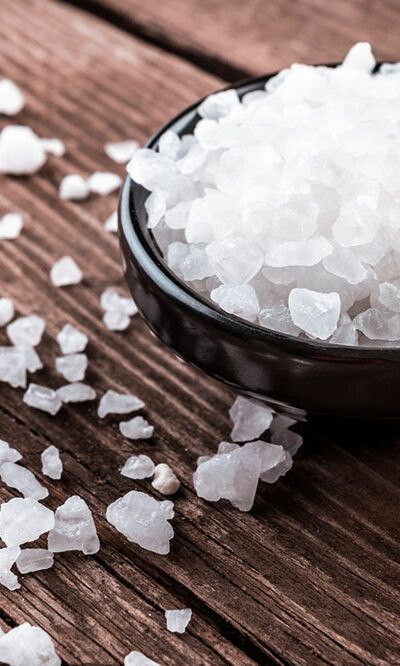5 things to avoid for bladder cancer prevention

Bladder cancer is a significant health concern that affects millions of people worldwide. One of its leading causes is genetic changes in the bladder cells. Some symptoms of bladder cancer include painful urination, back pain, and frequent urination. While it is impossible to guarantee complete prevention, there are several lifestyle choices and habits that individuals can adopt to reduce their risk. Keep reading to learn more about the things one must steer clear of to avoid bladder cancer.
Exposure to harmful chemicals
Many industrial chemicals, such as those found in certain workplaces, have been linked to an increased risk of bladder cancer. Workers in industries like rubber manufacturing, dyeing, and printing are often exposed to these carcinogens. So, if one works in such an environment, one must follow all the safety protocols – using protective gear and limiting exposure to these chemicals whenever possible.
Chronic urinary infections
Frequent or chronic urinary tract infections (UTIs) can increase one’s risk of bladder cancer. If one experiences recurrent UTIs, one must consult a health expert and receive proper treatment. Maintaining good hygiene and staying hydrated can help prevent UTIs and reduce bladder cancer risk.
Eating unhealthy foods
A meal plan rich in fruits and vegetables can provide essential nutrients and antioxidants that help safeguard one against various cancers, including bladder cancer. On the contrary, regularly eating processed foods, red meat, and unhealthy fats can increase their risk of bladder cancer. So, to lower one’s risk, it’s best to opt for a balanced meal plan that includes plenty of eggs, chicken, avocados, and olives.
Ignoring hematuria
Hematuria, or blood in the urine, is a common symptom of bladder cancer. Ignoring this sign and not seeking medical attention promptly can delay diagnosis and treatment. So, if one notices any unexplained blood in the urine, consulting a healthcare professional for a thorough evaluation is advised. Early detection and treatment are vital to improving the prognosis for bladder cancer.
Not drinking enough water
Drinking inadequate amounts of water can potentially increase the risk of bladder cancer due to its role in diluting and flushing out harmful substances from the urinary system. Insufficient water intake can lead to concentrated urine, which may contain higher concentrations of carcinogens and toxins. Prolonged exposure to these concentrated substances can irritate the bladder lining and potentially damage DNA, increasing the likelihood of mutations that trigger cancerous growth. Moreover, reduced water intake may hinder the body’s ability to effectively remove waste products, further contributing to the accumulation of harmful substances. Hence, staying properly hydrated is essential for maintaining a healthy urinary tract and reducing the risk of bladder cancer.
While it’s impossible to guarantee complete protection against bladder cancer, making informed lifestyle choices can significantly reduce your risk. Furthermore, regular check-ups with a healthcare provider can help one catch potential issues early and provide personalized guidance on reducing bladder cancer risk. It means that by making these conscious choices and being proactive about one’s health, one can take important steps to reduce one’s risk of bladder cancer and enjoy a healthier, cancer-free life.







